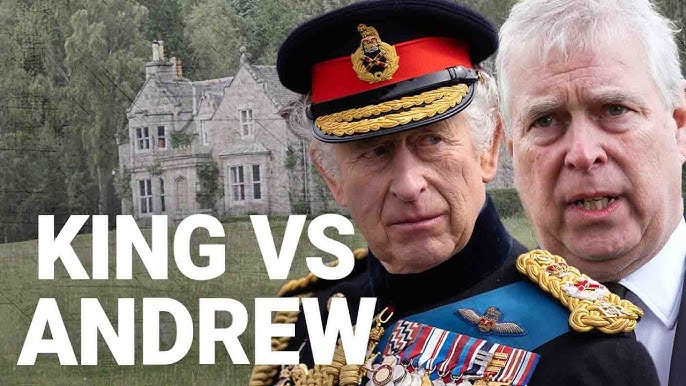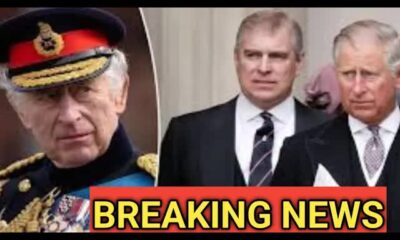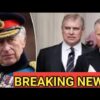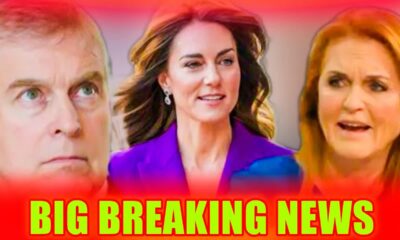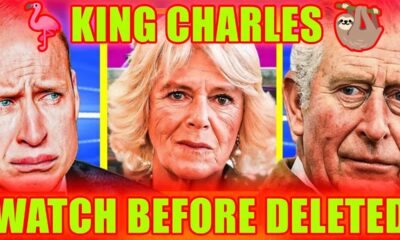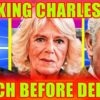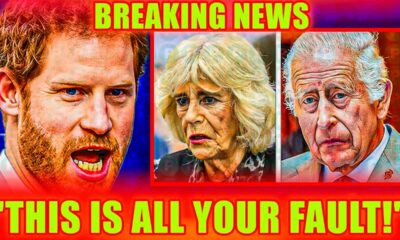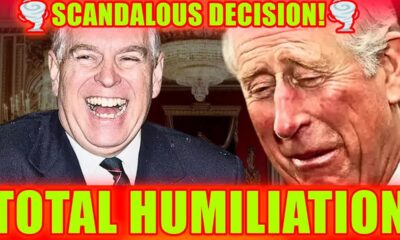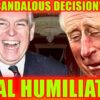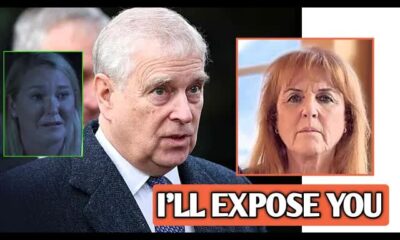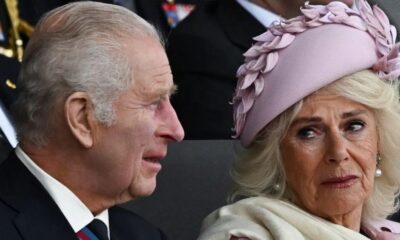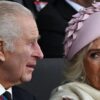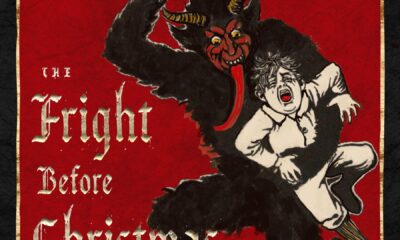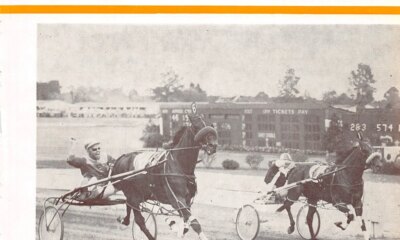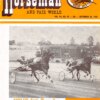The News
Prince Andrew’s Standoff: A Royal Family in Turmoil
In the latest chapter of royal family drama, Prince Andrew, the Duke of York, finds himself at odds with his brother, King Charles III, over a lavish estate known as Royal Lodge.
The tensions between the two brothers have escalated, drawing attention to Andrew's reluctance to leave the 30-bedroom home he has occupied since securing a long-term lease in 2003.
This feud not only highlights personal grievances but also raises questions about Andrew's future within the monarchy.
Andrew, now 63, has faced increasing isolation since stepping back from royal duties in 2019 due to serious allegations linked to his association with the late financier Jeffrey Epstein.
This controversial past has severely tarnished his reputation and diminished his role in royal affairs.
As a result, the ongoing dispute over Royal Lodge underscores the broader implications of his exit from public life and the limits of his royal privileges.
The property itself is valued at approximately $30 million, and under the terms of his 75-year lease, Andrew is responsible for its upkeep.
However, reports indicate that he has struggled to manage the significant maintenance costs associated with such an expansive estate.
King Charles, aiming to streamline royal expenses, has reportedly encouraged his brother to move to a more modest residence, a suggestion that has been met with firm resistance from Andrew.
Despite the financial pressures, Andrew insists he can afford to maintain Royal Lodge, claiming he has secured funds from legitimate sources for its upkeep.
This financial arrangement, which received approval from Sir Michael Stevens, the keeper of the privy purse, remains somewhat murky, with Buckingham Palace yet to disclose any specifics regarding the funding.
The tension between the brothers has been exacerbated by King Charles's efforts to modernize the monarchy and ensure its financial sustainability.
Commentators suggest that Andrew's steadfastness in remaining at Royal Lodge may stem from a desire to assert his place within a family that has increasingly marginalized him.
Royal commentator Rupert Bell noted that Andrew's stubbornness could be rooted in a need to reclaim what he feels he has lost.
As King Charles pushes for a more efficient royal family, the clash between him and Andrew reveals contrasting visions for their future.
The King is keen on making the monarchy more transparent and responsible, while Andrew appears reluctant to relinquish his former privileges, creating a palpable rift between the siblings.
This ongoing saga has historical precedents within the British royal family, yet few disputes have been as publicly scrutinized or prolonged.
It goes beyond mere disagreements about housing; it encapsulates a struggle over royal identity and the expectations placed upon family members who no longer serve in official capacities.
Public sentiment towards Andrew has shifted dramatically since the Epstein allegations surfaced.
Although he has largely retreated from the public eye, limiting his appearances to private family gatherings, his refusal to vacate Royal Lodge has reignited scrutiny.
Many observers are calling for stricter limitations on his access to royal privileges, reflecting a growing discontent with his actions.
King Charles faces the daunting challenge of guiding the royal family through a transformative era.
His commitment to a more streamlined monarchy is clear, yet the friction with Andrew complicates this vision.
The palace has remained tight-lipped on the specifics of the feud, adhering to a policy of avoiding public discussions about internal family matters.
Still, the media spotlight on this issue shows no signs of fading.
As the royal family navigates these turbulent waters, the implications of Andrew's standoff could ripple through the monarchy for years to come.
The ongoing discord raises essential questions about how royal family members who no longer perform public duties should be treated and supported, particularly in light of changing public expectations.
Ultimately, Prince Andrew's insistence on staying at Royal Lodge reflects a deeper sense of entitlement that critics argue is increasingly out of touch with contemporary royal life.
As the monarchy adapts to the demands of modern society, this unfolding drama between the brothers serves as a poignant reminder of the delicate balance between family loyalty and public accountability.
With both brothers entrenched in their positions, the future of their relationship—and the royal family's reputation—hangs in the balance.
Observers will be watching closely to see how this situation evolves, as it may well shape the monarchy's path forward in an ever-changing world.


